Can Testicular Cancer affect fertility?
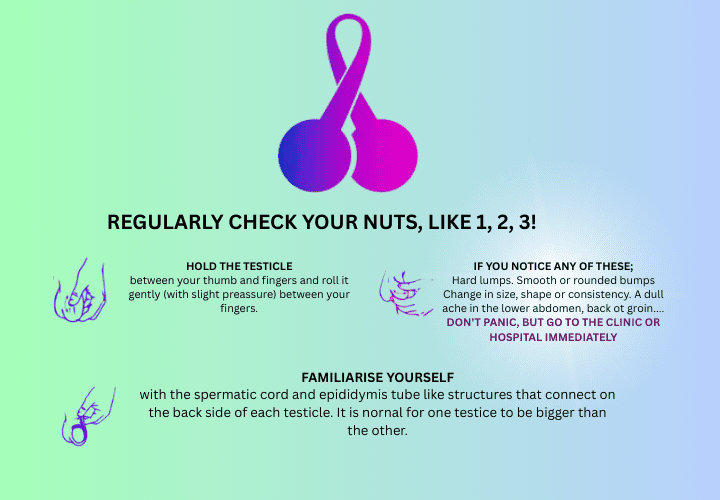
Can Testicular Cancer affect fertility?
- onco
- April 23, 2025
Worrying about testicular cancer is completely normal, and many patients have concerns after diagnosis. The people diagnosed with testicular cancer have the question – Will I be able to have children? The treatment is completely curable if diagnosed earlier. This page will discuss how testicular cancer and cancer treatments can affect a person’s reproductive health and precautionary measure to be taken to preserve the fertility.
Does testicular cancer cause infertility?
Testicular cancer is a type of cancer that develops in the testicles and is generally curable if caught earlier. However, testicular cancer may make it difficult for a patient to have a baby, and sometimes conception, naturally, is not possible. It doesn’t mean you don’t have alternatives when starting or growing the family. The chances of fertility will depend on several factors, including age, fertility before diagnosis, and the type of treatment you need. You can consult the doctor to learn about the possible impacts on fertility and quality of life before heading to treatment since surgery and other treatments have different effects on it.
Signs and Symptoms of Testicular Cancer
A painless lump in the testicle is one of the common signs of Testicular Cancer. There could be other signs as well which are –
- Swelness or sudden build-up of fluid in the scrotum.
- A lump in either testicle.
- Feeling of heaviness in the scrotum.
- Dull ache in groin or lower abdomen.
- Pain or discomfort in scrotum or a testicle.
- Testicular atrophy or a shrinking testicle.
These symptoms can arise with other conditions also. If you notice any of the aforementioned signs, visit to the best cancer treatment in Delhi for proper diagnosis and treatment. Any delays in diagnosis allow cancer cells time to expand, making it difficult to be treated.
What causes testicular cancer?
Testicular cancer typically develops when cells begin to multiply abnormally fast, eventually forming a lump or tumour. The exact cause is unknown. There are several risk factors that are vulnerable of developing testicular cancer which are as follows
Age – It is usually seen in people between ages 15-35.
Undescended testicles – Testicles form in the abdomen of fetus during pregnancy usually drop into the scrotum before birth while that don’t drop is known as undescended testicles. The people born with this condition are likely to encounter testicular cancer, even having surgery.
Family History or Genetically-inherited – There are chances of developing, if you have a family history of someone with testicular cancer. People with inherited genetic conditions are also at risk, like Klinefelter Syndrome.
Infertility – Male infertility could also relate to its occurrence. The research is still needed to know the relation.
What are the treatments for Testicular Cancer?
Several factors, determine the type of treatment you needed which includes your health, treatment preferences, cancer stage and the type of tumor it is. Testicular cancer categorised as seminomas and non-seminomas. Seminomas are likely to grow more slowly and radiation therapy is effective in the treatment than non-seminomas. While chemotherapy are effective in both types of testicular cancer. Surgery is the common treatment for testicular cancer to remove the cancerous testicle. In some instances, lymph nodes can also be removed.
Orchidectomy
Your treatment provider may remove a testicle which will not affect the ability to achieve erection or fertility. A testicle in a healthy condition will generally produce enough sperm, unless it is very small.
Removing the retroperitoneal lymph nodes
This may cause damage to the nerves responsible in ejaculation, and as a result, sperm goes back to the bladder rather coming out through penis during orgasm. The sperm will release harmlessly when you next pee. This is known as retrograde ejaculation. However, there are some other techniques like keyhole and robotic surgery, from which the nerves remain protected and reduce the chances of nerve damage. With this condition, a patient won’t be able to make someone pregnant. The doctor will provide you detailed description regarding surgery and will also tell you about the sperm banking.
Radiotherapy
Radiotherapy to the lymph nodes in the abdomen does not have any affect to cause the ability to have sex. Take advice from your treatment provider as they might still suggest you store sperm. There is a risk of the remaining testicle receiving radiation. However, the treatment provider uses a shield to protect the testicles from the beams but still chances of small damage are there.
Chemotherapy
The treatment doesn’t have a directly impact your sexual life, but it may have side-effects which can lower your sex drive. It generally cause infertility but is temporary. You can talk to your doctor about storing the sperm before the treatment.
How early the sperm count revive back to normal after chemotherapy can change, but it generally depends upon the sperm count before the chemotherapy, and the amount of chemotherapy you have.
It is usual that the sperm starts return to normal in about 12 to 18 months after getting the treatment. However, it takes time in some people, and it will be more. So, it is advisable to get the sperm count checked. If you are worried about infertility, tell your cancer specialist doctor before undergoing the treatment.
Conclusion
Testicular cancer and the treatments can negatively affect your sperm count, quality, and your sexual drive. Medical professionals after examining your condition may suggest sperm banking at the time of diagnosis which is effective way to preserve your fertility. If you are looking for the reliable and the best cancer treatment in Delhi, you can approach oncoplus, a dedicated cancer care centre offering quality care and effective treatment to the patients. Talk to your at the time of diagnosis about options available for preserving the fertility. Testicular cancer is curable. The treatment will be successful if diagnosed earlier. The early you see a doctor after identifying any of the symptoms, greater you chances would be of being cancer free.
Recent Posts
-
Can Testicular Cancer affect fertility?
April 23, 2025
-
Why are Breast Cancer Cases Increasing Around the World?
April 17, 2025
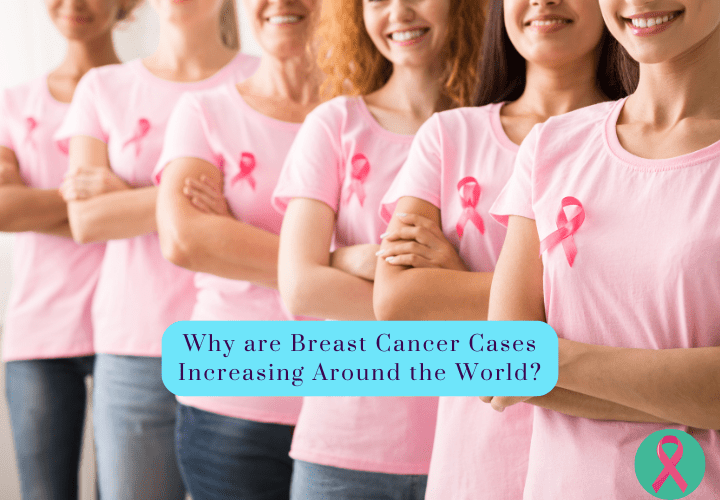
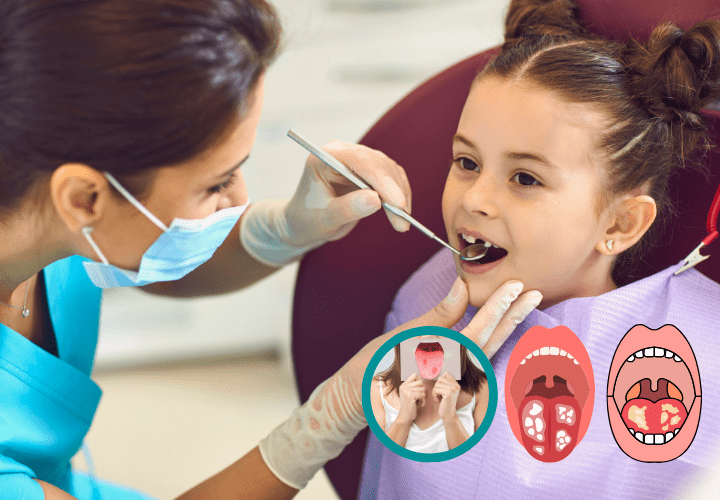
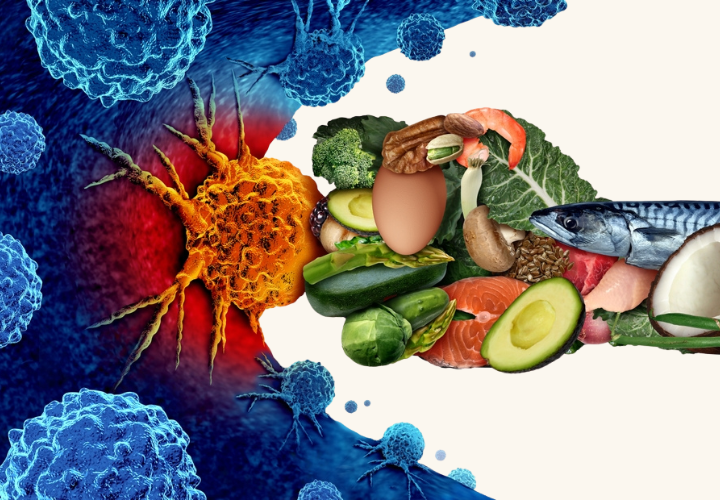
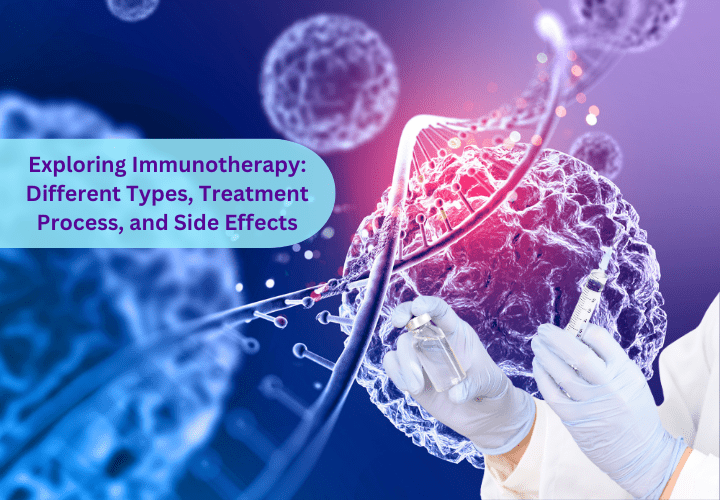
Leave a Reply